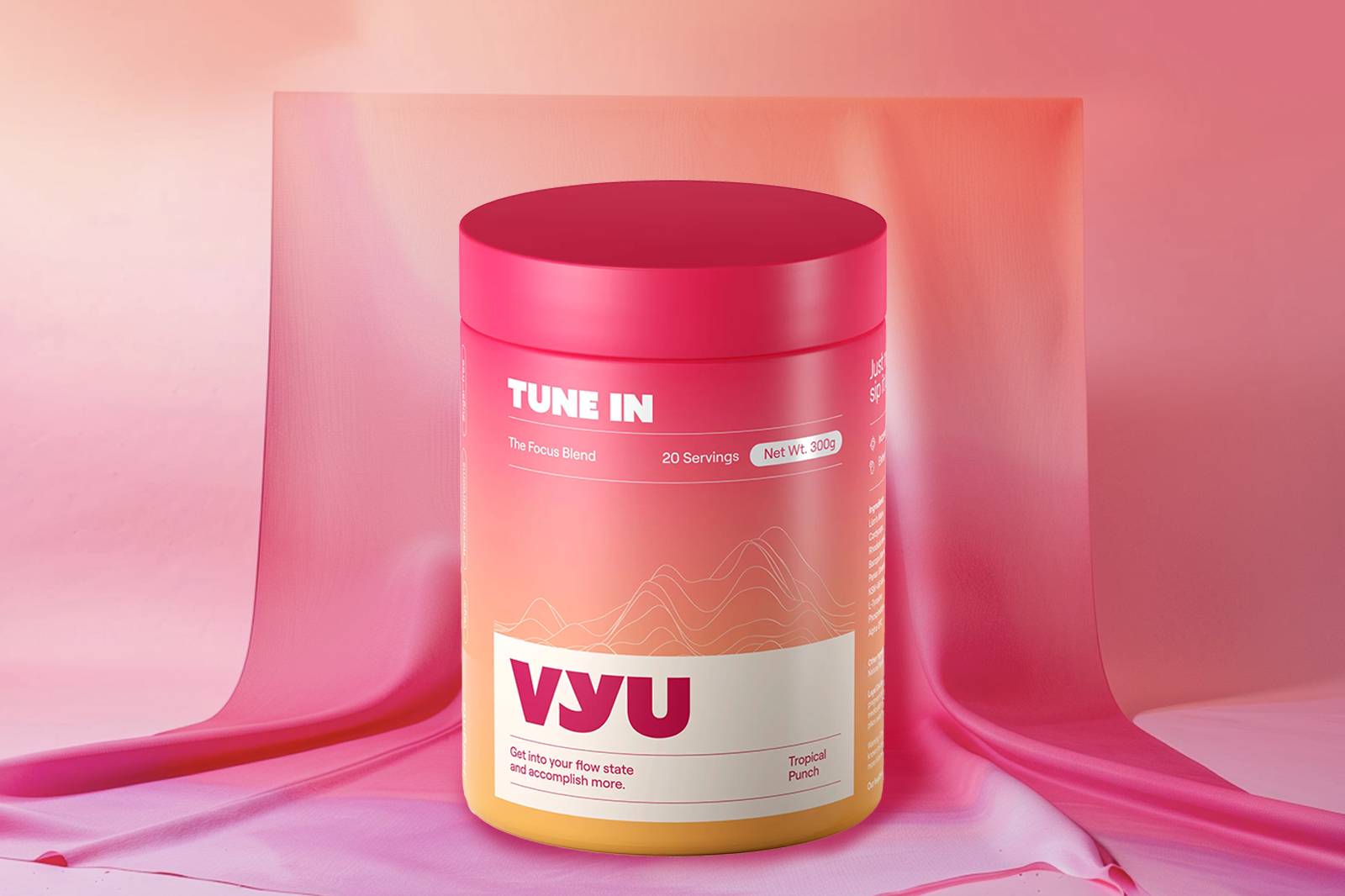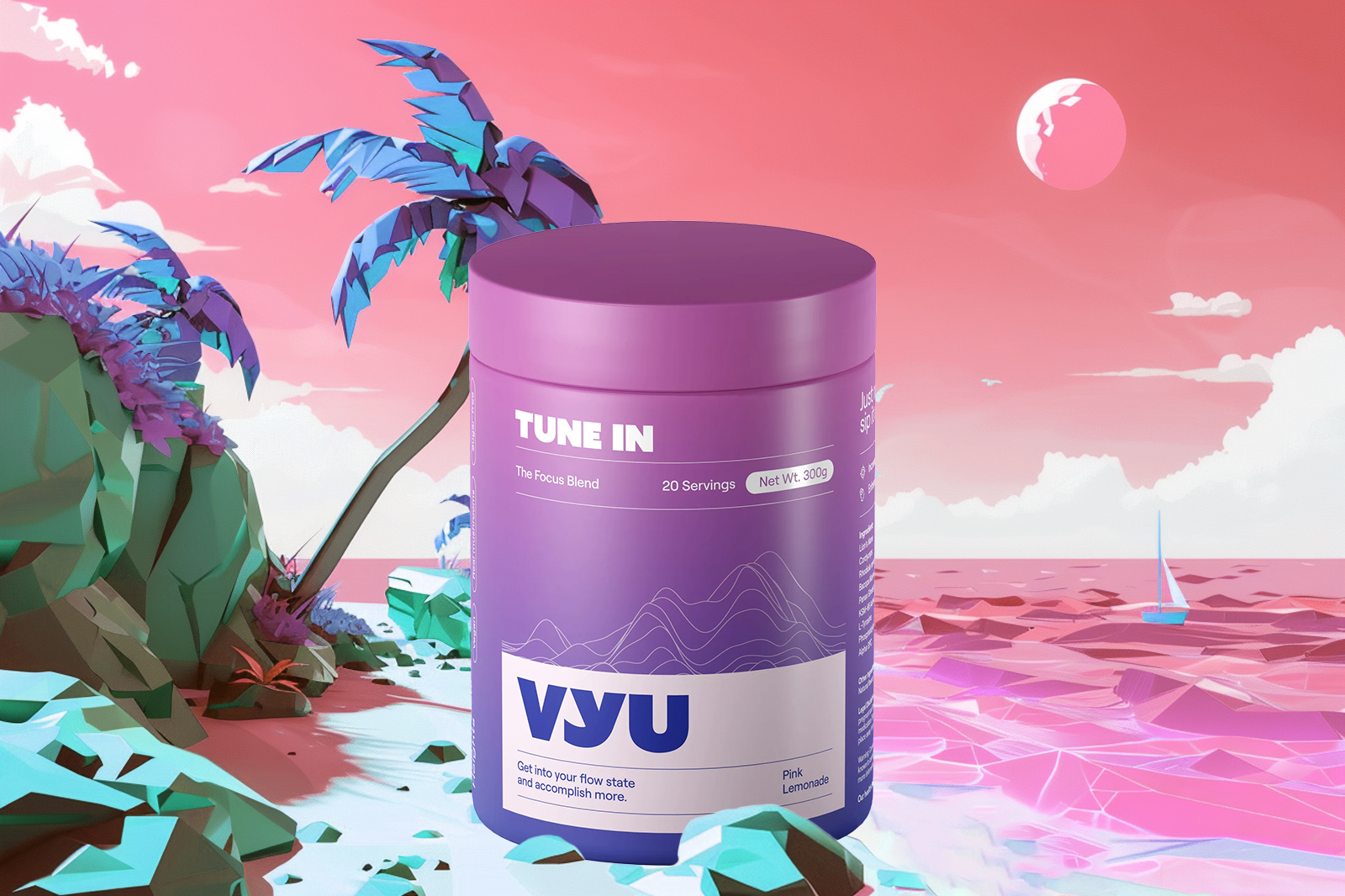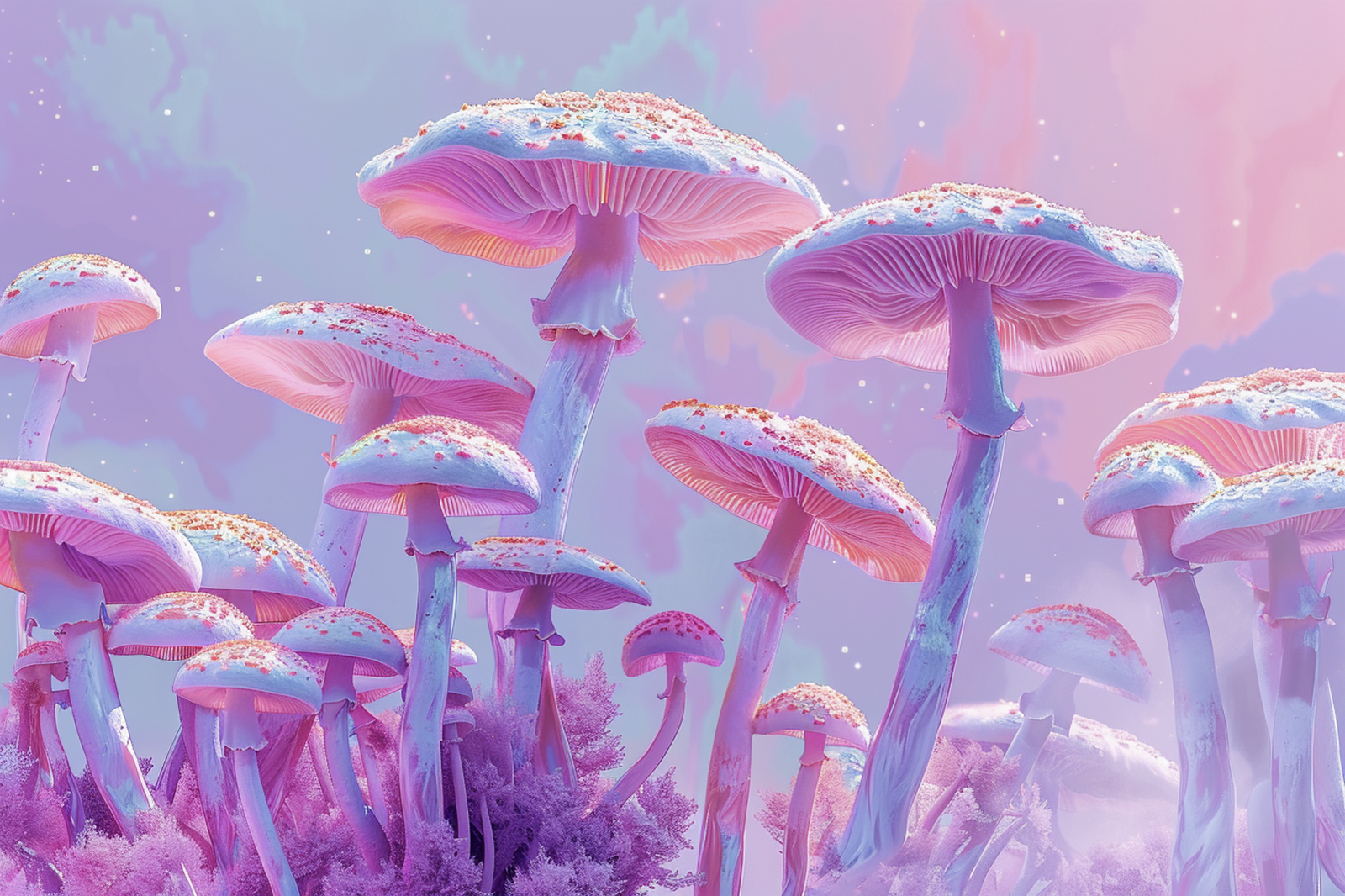

Are Mushrooms Antioxidants?
Published:
Updated:
The mushroom is a fungus with fleshy bearings produced above ground, mostly on top of an element it feeds on. Mushrooms come in diversified shapes and sizes, and edible mushrooms are popularly loved for their tastiness, unique flavor, and health benefits, more prominently, their antioxidant content.
When digesting food to produce energy, our body releases free radicals. These are oxygen atoms with electrons that threaten the human body as they can attack cells, DNA strands, and anything in our bodies that they come in contact with.
Damage done by free radicals impacts how a person ages and contributes to degenerative illnesses associated with age.
Edible mushrooms contain the highest quantity of antioxidants, especially ergothioneine and glutathione, which are a boost against age-related degenerative diseases.
Hence, edible mushrooms as a source of antioxidants are essential to the body in fighting and neutralizing the free radicals that the body produces.
Key Takeaways
- Mushrooms are a rich source of antioxidants, including ergothioneine and glutathione, which protect against free radicals and age-related diseases.
- Beta-glucans in mushrooms regulate blood sugar and may improve cardiac health.
- Mushrooms provide B vitamins, copper, and potassium for various health benefits.
Nutritional Benefits of Mushrooms
Antioxidants
A study by Dr. Anaya Mandal concluded that mushrooms contain a high level of ergothioneine and glutathione, which are both antioxidants. This is also backed up by scientists in Food Chemistry like Robert Beelman.
As previously explained, antioxidants protect the body from free radicals that attack human cells.
While antioxidants are found in foods like oat and beans, the presence of these two antioxidants in such high quantity in mushrooms makes them the richest and healthiest source of ergothioneine and glutathione. Reishi mushrooms are one of the richest mushrooms with these anti-aging properties.
These antioxidants present in mushrooms prevent critical conditions caused by the damaging effect of free radicals on human cells.
Beta-glucan
Beta-glucan functions to regulate the blood sugar levels in a person’s body. This is a soluble dietary fiber that has been nutritionally tied with enhancing cholesterol and cardiac health. As a stable substance in mushrooms and considering its regulating functions, beta-glucan fiber is used by many patients with diabetes.
Mushroom species like oyster and shiitake have high amounts of beta-glucan fiber in them.
B Vitamins
Mushrooms are a healthy source of B vitamins. They contain niacin, riboflavin, and pantothenic acid, which all help in enhancing cardiac health. Niacin functions to rejuvenate the skin and improve digestion; riboflavin enhances red blood cells and pantothenic acid assists in producing body hormones while enhancing a balanced nervous system.
Copper
Copper is an essential mineral to overall human development as it enhances nerves and bone health. Moreover, just as some elements of B vitamins, copper helps reproduce red blood cells. These red blood cells function as circulators of oxygen all through the body.
A serving of mushrooms contains about 0.5 mg of copper. After cooking, a cup of mushrooms delivers one-third of an individual’s daily copper needs.
Potassium
Potassium is an essential component of healthy living and feeding. This substance is critical to muscle, heart, and nerve functions. The portobello mushroom is one of the most nutritious potassium sources, with two-thirds of a cup containing the same potassium range as a banana.
Are All Mushrooms an Antioxidant?
Mushrooms are an excellent dietary source of fiber, antioxidants, and protein. Considering the high levels of ergothioneine and glutathione that have been found in them, mushrooms are essential carriers of antioxidant substances.
Although different species of fungus have varying levels of these antioxidants in them, researchers have concluded that mushrooms remain the highest edible source of these substances.
How do Dietary Antioxidants Help?
Dietary antioxidants are elements in food that reduce the effect of free radicals. These antioxidants are essential and effective substances for enhancing human health and the prevention of several degenerative age-related diseases associated with the side effects of free radicals.
Vitamin E and vitamin C are dietary antioxidants that protect the body from these free radicals and their effects. Moreover, plant-based foods are usually the best sources of dietary antioxidants. They can be gotten in fruits, vegetables, grains, nuts, seeds, etc.
Mushrooms are a great source of dietary antioxidants as they mostly contain high amounts of ergothioneine and glutathione. Moreover, like mushrooms, most fruits and vegetables high in antioxidants are also rich in fiber.
Blog posts
-

5 Odyssey Elixir Alternatives in 2024 (Compared)
Looking to make a switch from Odyssey Elixir? Read on to find the best Odyssey Elixir alternatives out there. -

The Best RYZE Alternatives in 2024
Looking for an make a switch from RYZE coffee? Click here to find the best RYZE alternatives on the market. -

How Does Cordyceps Help Kidneys?
Like all functional mushrooms, cordyceps is believed to have many health benefits. But does cordyceps help kidneys? Here's the answer.
Sign up to our productivity newsletter
and get 10% off your first order.



